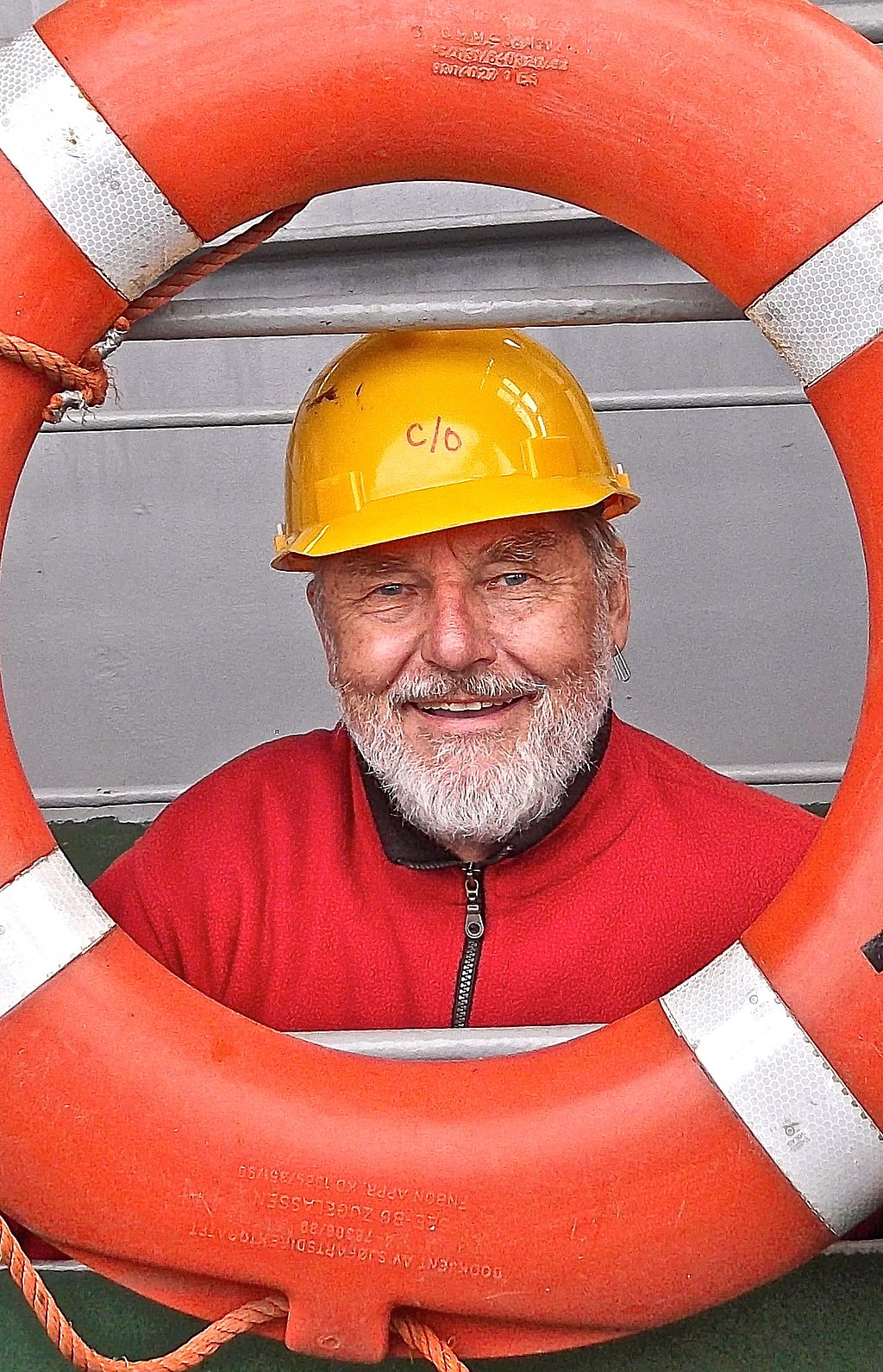When I set out on a journey across the Atlantic on a container vessel from Germany to North America, I „only“ wanted to visit my daughter in the USA, celebrate the 100th birthday of my father-in-law in Canada and visit friends and social work colleagues in both countries. Disappointingly, this was my shortest visit ever to the „New World“ which I have been connected with for many years. A few days after I landed in Nova Scotia, Canada and the USA closed their doors, just as other countries had closed theirs. „No home visits!“ Not as a social worker, not even as an octogenerian family member with a high-risk centenarian. I had to cut this visit short and return to Europe. That wasn’t easy but I had interesting and moving flashbacks from the time of my training for social work in both countries and my research on one of the most influential pioneers of international social work, Alice Salomon – also known as the „Jane Addams of Germany“. It helped me to grow wings and quickly fly back home to where I was supposed to be safe. What?! Safe?! I really wondered! I also remembered what I had been told and have tried to internalize over the years: Social Workers have to learn how to live with ambiguity – another word close to uncertainty and insecurity.
So, Alice Salomon’s credo for social work occurred again and has been on my mind since then because it was and still is an interesting and even uplifting as well as a still alarming reminder that this „Corona Pandemic“ was and will not necessarily be the „Coronation“ of despair and insecurity! In 1923, not too long after one of the most devastating pandemics in history, the so-called „Spanish Flu“ with more dead than throughout the entire First World War, Alice Salomon spoke the following words in a speech about „The relation of the church to social workers“ at the National Conference of Social Work in 1923 in Washington, D.C.:
"As social workers we are united in the faith that the world cannot be redeemed , that it cannot be freed, from all its present distress until the ideal of solidarity is accepted by all, until those who are strong renounce climbing to the top of a ladder, the steps of which are made of those whom they have trodden down and crushed during their ascent; until those who are strong will be willing to bear the burdens for the weak. Truly, there is no blessing which one of us can own as long as not all the others have their share in it. Truly, none of us is safe as long as not all are safe. There is no poverty, no distress, no disease even, which does not avenge itself on those who shirk to relieve it.
Carlyle has told us in one of his books the story of an Irish widow, who lived with their children in Scotland in the greatest poverty. He relates how she went to their neighbors and all sorts of institutions and applied for help. ‚I am your sister, you must help me’, she said. But they refused her because she was a stranger. All her applications remained without result. They repudiated her sisterhood, but she proved it after all. She contracted typhoid fever and many people within their neighborhood caught it from her, and seventeen of them died. ‚She was their sister; they could not get away from the fact.“ Surely this proves that no one is safe as long as not all are safe. The service for the weak and heavy-laden, for the least amongst our brothers, is not a sentimental idea, but a law of life on which, in the end, even self-preservation depends."
Alice Salomon: Proceedings. National Conference of Social Work, Washington , DC. 1923 and in: „Alice Salomon, die Begruenderin des Sozialen Frauenberufs in Deutschland. Ihr Leben und ihr Werk. Schriften des Deutschen Vereins für öffentliche und private Fürsorge e.V., H. Muthesius Hrsg., 1958. Carl Heymanns Verlag Köln Berlin, S. 200 ff.
Prof. Joachim Wieler ist Mitglied des wissenschaftlichen Beirates des Alice Salomon Archivs in Berlin. Der ungekürzte Beitrag in deutscher Sprache ist auf den Seiten des Alice Salomon Archivs zu finden.



